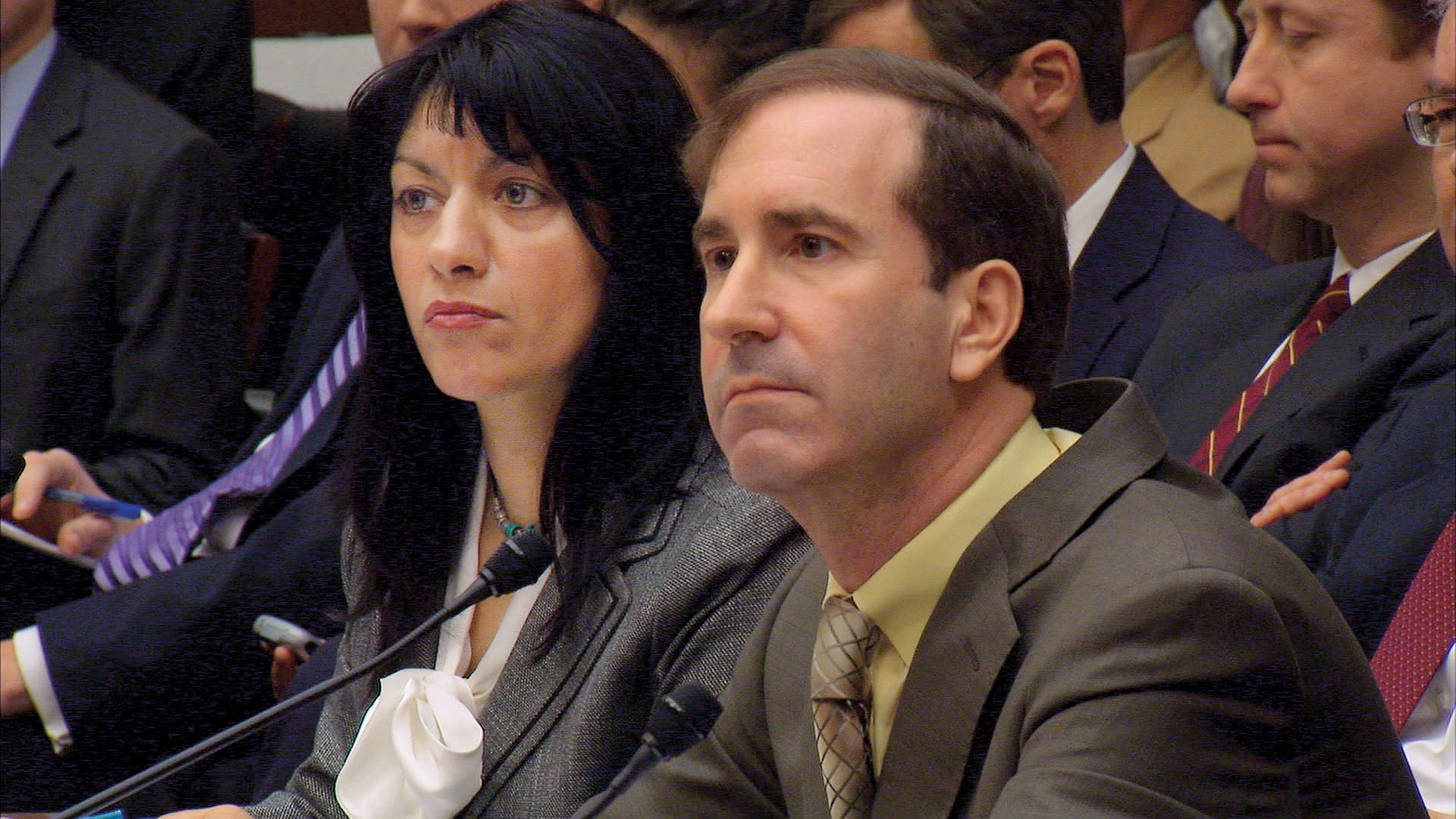Gaytri Kachroo S.J.D. ’02 was preparing to fly to India for business when she got a call that thrust her into the midst of one of the largest financial stories of our time. The caller was her client Harry Markopolos, an independent fraud investigator who, in the ensuing 24 hours, would go from being an unknown Chicken Little to a national hero.
Markopolos had spent almost 10 years trying to convince federal regulators that the Wall Street wonder Bernard Madoff was running the largest Ponzi scheme in U.S. history—a $65 billion investment fraud that would spell financial ruin for thousands of individuals, charitable organizations and investment groups.
When he called Kachroo on the night of Dec. 11, Markopolos told her that Madoff had just confessed and that The Wall Street Journal would be breaking the story in the morning edition. He wanted her to advise and represent him.
It was quite a request, given that until that moment, Kachroo knew next to nothing about her client’s investigation of the Madoff affair and had no experience with the press. A transactional lawyer who now specializes in emerging markets in India and Southeast Asia, she had been representing Markopolos since he began his fraud investigation business in 2004, and she had developed a strong bond with him based on their shared belief that you don’t have to compromise your ideals to succeed.
When the story broke on Dec. 12, her client was flooded with requests from media around the world.
“I was a little overwhelmed initially,” said Kachroo, a partner at McCarter & English in Boston. “We were deluged with calls from CBS, ABC, NBC, CNN, The Wall Street Journal, and I was on the phone daily from Pune [India] with congressional counsel and SEC Inspector General David Kotz. I had to get up to speed in a hurry.”
Kachroo knew that all of their preparation in the coming weeks was leading up to the moment when Markopolos would testify before Congress. She worked with him on what names he could include without exposing himself to liability and pressed him on what he knew for certain from his own evidence as opposed to what he assumed based on information from others.
“I was asking Harry constantly what he really knew, not just what he thought, and I asked him to base his opinions solely on that,” Kachroo said. “This provided testimony that was palpably Harry’s own and something the public could identify with.”
The media were smitten by the image of Markopolos as a modern-day Cassandra, hounding federal regulators for nearly a decade to consider his evidence that Madoff was a fraud. Despite numerous letters from Markopolos culminating in a detailed 21-page memo in 2005, the U.S. Securities and Exchange Commission had ignored his warnings. Consequently, a scam that totaled about $7 billion when Markopolos first uncovered it in 1999 was allowed to grow to more than nine times that size.
According to Kachroo, the Madoff debacle is not an isolated occurrence, but a symptom of overwhelming flaws that plague our regulatory system.
“This is not a story about one rogue investor,” she said. “It’s a symbol for the systematic failure that we are experiencing in our financial systems. It’s about how we need to change the rules and the roles people play so this never happens again.”
On Feb. 4, Kachroo sat at her client’s side through four hours of congressional testimony in which he presented the House Financial Services subcommittee with his evidence against Madoff, his blistering criticism of the SEC and a series of specific suggestions on how to reform the nation’s financial regulatory system.
“Government has coddled, accepted and ignored white-collar crime for too long,” he told Congress. “It is time the nation woke up and realized that it’s not the armed robbers or drug dealers who cause the most economic harm; it’s the white-collar criminals living in the most expensive homes who have the most impressive resumes who harm us the most. They steal our pensions, bankrupt our companies and destroy thousands of jobs, ruining countless lives.”
Since her client’s testimony, the international financial crisis has occupied more of Kachroo’s professional focus.
She and Markopolos met with the new chairwoman of the SEC, Mary Shapiro, in mid-March to discuss her client’s recommendations for reforming the beleaguered regulatory agency.
The previous month, Kachroo was named vice chairwoman of the newly formed Global Law Firm Alliance, a coalition of 45 firms from 25 nations dedicated to assisting the estimated 3 million victims of the Madoff scam. Because of the complexities involved in adjudicating a worldwide financial fraud, the alliance has proposed the creation of an International Financial Court. Kachroo coordinated meetings with members of Congress and the White House and oversaw the draft proposal and its incorporation into the agendas for the European Union Summit in April and a G-20 meeting in September.
She has also been asked to represent, before Congress and the Securities Investor Protection Corp., a large national coalition of investors in Ponzi schemes, including Madoff’s and several others.
